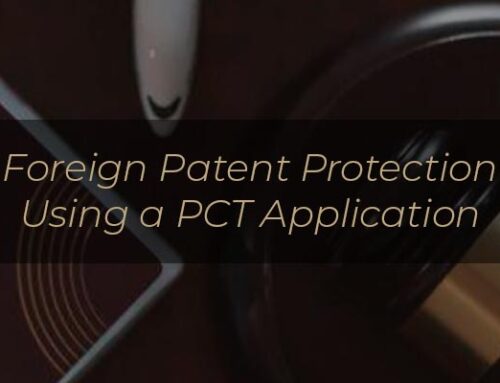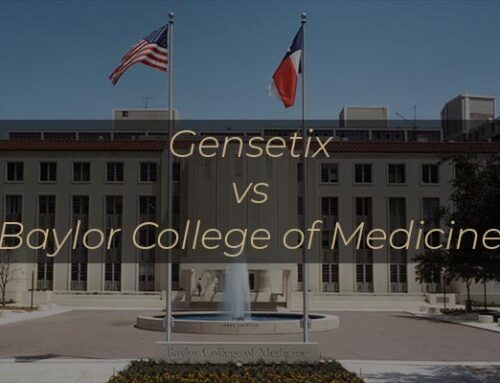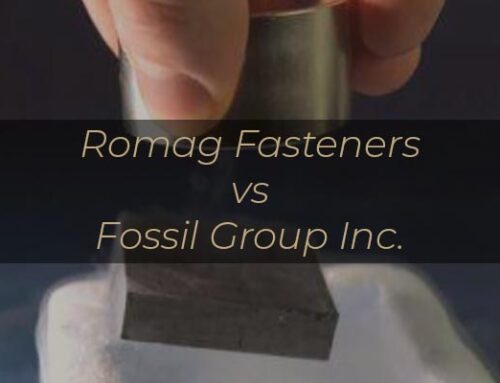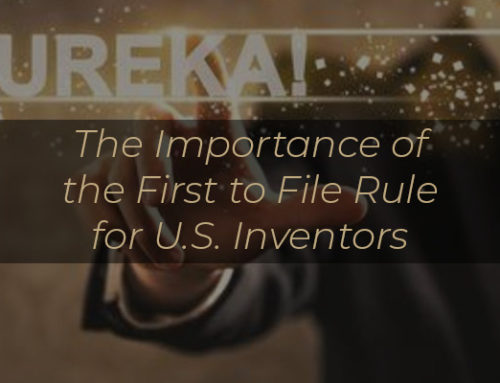Patent challengers have a number of mechanisms to challenge the validity of a patent. The American Invents Act of 2011 overhauled the U.S. Patent system and established three types of administrative review proceedings before the Patent Trial and Appeal Board: 1) an “inter-partes” review; (2) a “post grant review” and (3) a “covered business method” review. In addition, a party may challenge the validity of a patent in federal court, such as in defense of a breach of license/patent infringement claim or in a declaratory judgment action.
In the case of DodoCase VR v. MerchSource (CAFC, April 28, 2019), the Court of Appeals for the Federal Circuit upheld a district court’s grant of a preliminary injunction which enjoined the defendant from pursuing inter parties review of patents owned by the plaintiff at the USPTO. The defendant had previously entered into a license regarding the patents with the plaintiff. The patent license included a forum selection clause which indicated that “[t]he laws of the State of California shall govern any dispute arising out of or under this Agreement” and that “disputes shall be litigated before the courts in San Francisco or Orange County California.” The Federal Circuit agreed with the district court that the defendant’s IPR challenges arose out of or under the license agreement and that the forum selection clause applied to IPR proceedings at the USPTO. The Federal Circuit thus found that the plaintiff was likely to succeed on the merits of its claim that the IPR proceedings were prohibited by the license, and further finding that the remaining requirements for a preliminary injunction were met, upheld the preliminary injunction against the defendant.
In view of this case, a patent owner who is seeking to limit challenges to its patents may desire to include a clearly drafted forum selection clause that limits patent challenges by the contracting party (such as a licensee), such as by limiting disputes to certain courts and/or by expressly prohibiting USPTO challenges. Likewise, a contracting party such as a license may wish to limit the inclusion of such provisions in a license or other contract so that USPTO challenges are not prohibited








